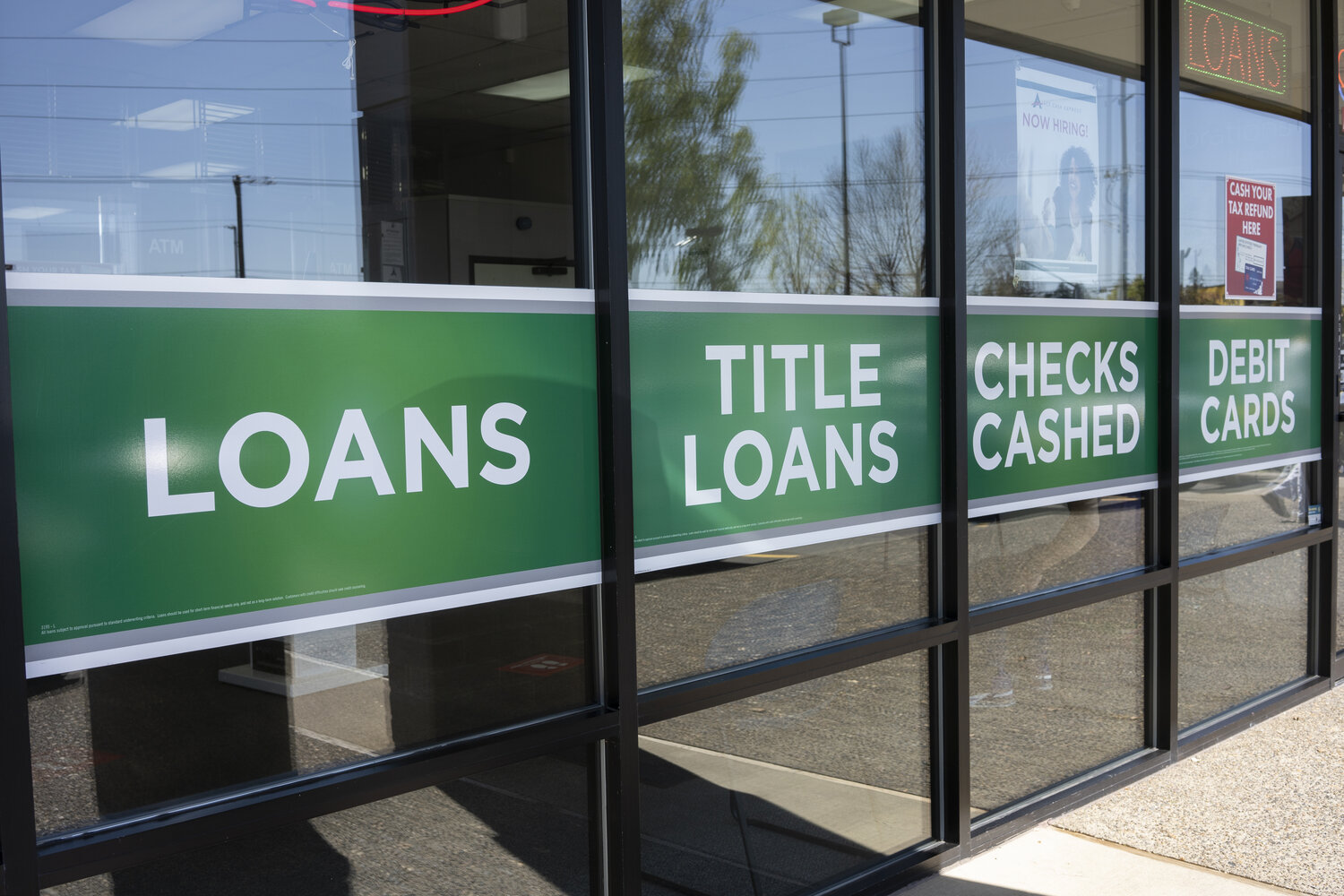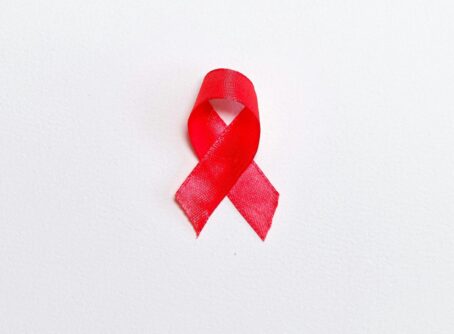
As the United States begins to recover from the health and economic impacts of COVID-19, many individuals and families continue to experience economic hardship. Many were stretched thin before the pandemic, while for others, things like a sudden job loss meant navigating living at the economic margins for the first time.
Despite the increased hardship that millions of Americans faced, predatory payday lenders continued their deceptive practices during many borrowers’ time of greatest need. While payday loans were a harmful financial product before the pandemic, COVID-19 exacerbated and magnified the disproportionate and devastating impact of predatory lending on working families. Unfortunately, a new Office of the Comptroller of the Currency (OCC) rule, known as the “True Lender” rule, threatens to allow payday lenders to harm even more borrowers.
Each year nearly 12 million Americans take out a payday loan, and there are over 15,000 payday loan storefronts in the United States. Payday loans are small dollar, short-term loans that are often advertised by lenders as a “quick and easy” way to secure cash for unexpected expenses. However, the business model of payday lenders relies on the borrower failing. A typical payday loan ranges from $100 to $500 and is expected to be repaid within two weeks (at payday). With an average annual percentage rate (APR) of 390 percent, many borrowers are unable to repay the cost of the original loan plus interest and fees within two weeks. As a result, borrowers often take out another loan to cover the cost of the original loan — a cycle that continues and, on average, one in four payday loans are rolled over or “flipped” nine or more times in a year.
Payday loan storefronts are disproportionately located in under-resourced communities of color. According to a 2020 report by the Center for Responsible Lending,
Payday lenders target borrowers of color, in part by concentrating their locations in communities of color. Payday lenders in California were found 2.4 times more concentrated in African American and Latino communities, even after controlling for income and a variety of other factors. Payday lenders in Florida were also more concentrated in majority black and Latino communities, even after controlling for income….In light of this targeting, it is unsurprising that a disproportionate share of payday borrowers come from communities of color, even after controlling for income. African-Americans are payday borrowers at three times the rate, and Hispanics at twice the rate, of non-Hispanic whites.
As Anna Cole notes in “Predatory Lending and the Need for a Healthy Financial Ecosystem”, payday loans and the debt incurred as a result damage not only financial health, but also take a significant toll on individuals emotional and physical health. Recognizing the harm that payday lenders can have on borrowers, 18 states and the District of Columbia have enacted rate caps at or below 36 percent APR, effectively making it not profitable for payday lenders to operate in those states. Only Congress has the ability to enact a national rate cap, which to date it has not done, with the exception of the Military Lending Act (MLA). Enacted in 2006, the MLA caps interest on payday loans made to active duty service members at 36 percent. In an effort to expand this 36 percent rate to all Americans, Representatives Jesús “Chuy” García (D-IL) and Glenn Grothman (R-WI) introduced the bipartisan Veterans and Consumers Fair Credit Act in November of 2019. While this piece of legislation stalled in the last Congress, advocates point to it as a needed and effective model for protecting all borrowers.
WHAT IS THE “TRUE LENDER” RULE?
Unfortunately, a new Office of the Comptroller of the Currency (OCC) rule threatens to undermine borrower protections against predatory payday lending by allowing payday lenders to evade state interest rate caps.
Last October, the OCC issued its “National Banks and Federal Savings Associations as Lenders” rule, also known as the “True Lender Rule”. This rule allows non-bank lenders, such as payday lenders, to partner with banks when issuing their loans to borrowers. Such a partnership allows non-bank lenders to get around existing state interest rate caps that are imposed on them but not on banks. This means that even if a state has a rate cap of 36 percent, for example, payday lenders could form a partnership with a bank, circumventing these caps and charging interest rates of 179 percent and higher.
On March 25, Senator Chris Van Hollen (D-MD), Senator Sherrod Brown (D-OH), and Representative Jesús “Chuy” García (D-IL) introduced a Congressional Review Act (CRA) resolution, seeking to challenge this rule. According to a Congressional Research Service report, “The Congressional Review Act (CRA) is an oversight tool that Congress may use to overturn rules issued by federal agencies” such as the OCC. This CRA has the ability to overturn the True Lender rule as long as Congress meets the mid-May deadline with enough votes in favor of overturning it.
On Wednesday, April 28, the Senate Committee on Banking, Housing, and Urban Affairs held a hearing addressing this reemergence of “Rent-A-Bank” schemes. Hosted by Chairman Sherrod Brown (D-OH) and Ranking Member Patrick J. Toomey (R-PA), several witnesses testified. In his remarks, Senator Brown recognized the important contributions of the faith community in advocating for an end to predatory lending. Dr. Frederick D. Haynes III, senior pastor at Friendship-West Baptist Church in Dallas, Texas, testified at the hearing and said:
Usury and economic exploitation of the poor are condemned in all faith traditions. Those who exploit the poor through predatory practices are referred to as “wolves” in the scriptures. The predatory practitioners of ‘Rent-A-Bank’ schemes may well be referred to as wolves dressed up in the legitimacy of a bank. The victims of such practices, however, testify that an economic predator by any other name is still trapping the desperate in debt. These ‘moral monsters,’ to use the language of James Baldwin, feed their greed at the expense of the vulnerable.
He continued by explaining a Christian’s view on such a rule:
For us [Christians], it is a simple matter of right and wrong, and we strongly oppose the Office of the Comptroller of the Currency’s plan to enable predatory lenders to ignore state interest rate caps by paying a bank willing to masquerade as the “true lender.” A few rogue banks are already participating in these exploitative agreements, and the OCC’s rule would certainly bless the arrangement of laundering predatory loans and allow such devious schemes to proliferate.
A PUBLIC JUSTICE PERSPECTIVE
Addressing the harms of predatory lending and promoting a healthy financial marketplace for all borrowers requires the involvement of both government and civil society institutions. As Debora Haede noted in a 2019 Shared Justice article,
The Bible strongly condemns the practice of usury and explicitly prohibits taking advantage of the poor and those who are vulnerable (Proverbs 22:22). We are called to fight against the exploitation of the vulnerable. Christians must speak out and take action to pursue economic justice and advocate for policies that respect the God-given dignity of every person. We must call upon government to promote policies which will offer our neighbors hope rather than robbing them of their dignity.
According to the Center for Public Justice’s Guiding Principles for Government in a Pandemic,
Economic crises should not be an opportunity for businesses, including banks and lenders, to profit off the hardships of vulnerable Americans. Government must monitor for and prohibit usurious or exploitative business or lending practices designed to take advantage of the vulnerable.
In its “Principles for Just Lending”, Faith for Just Lending, a coalition of national Christian organizations and denominations committed to ending predatory lending, states that government has a responsibility to “prohibit usury and predatory or deceptive lending practices.” The OCC rule threatens to undermine borrower protections in states that have enacted them, and would keep the door open to predatory lending in other states. Government has a responsibility to curtail the predatory practices of payday lenders. Advocates have long called for a federal rate cap of 36 percent that would protect borrowers nationwide.
While legislation is needed to protect borrowers from predatory loans, the need for short-term, small dollar loans will remain. Civil society institutions are often best equipped to model financial stewardship, assist individuals and families in building credit, and offer innovative responsible credit options. As Anna Cole notes in her report,
Community-based nonprofits are oftentimes better equipped to recognize and address certain community needs than the government. Their ability to be on the ground in communities gives them a valuable platform from which to enact a ‘both-and’ approach to mitigating the harms of predatory payday loans while equipping borrowers to be healthy members of the financial mainstream.
These organizations can provide small loans without trapping the borrower in a cycle of debt while also helping model responsible lending practices. Local churches, for example, can help provide models, resources, and assistance through loan pools to those in need of short term credit.
As Congress considers the Congressional Review Act challenge to the True Lender rule, vulnerable Americans will continue to take out payday loans and many will fall into a debt trap. It is important and urgent that government, lenders, faith-based organizations, and churches recognize and uphold their unique roles and responsibilities in promoting a financial ecosystem guided by the norms of justice and human dignity.
Esther Lagerwey is a student at Calvin University in Grand Rapids, Michigan and is majoring in Political Science and German with an Urban Studies Policy minor. She was the Shared Justice Program Assistant intern at the Center for Public Justice during the Spring of 2021.





